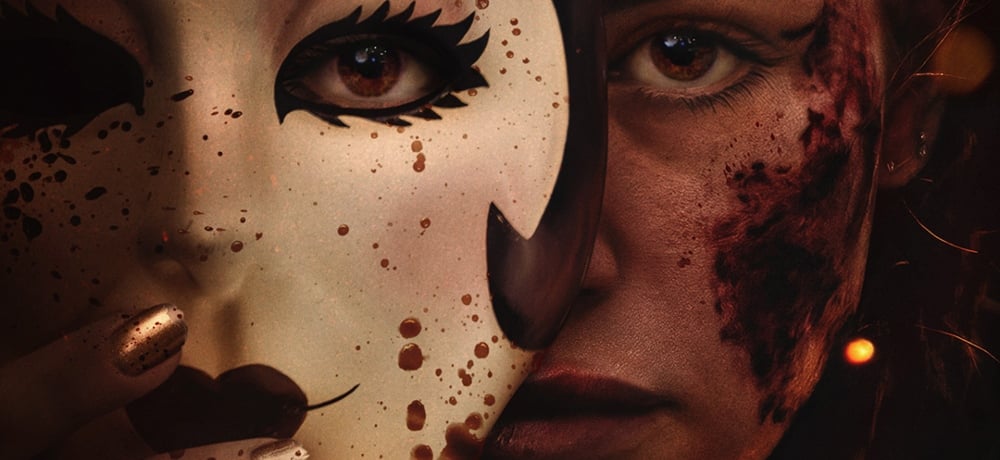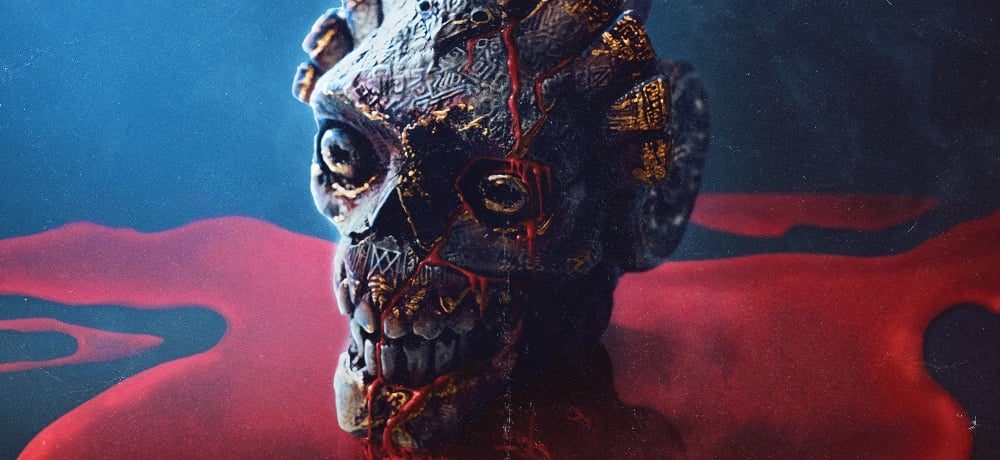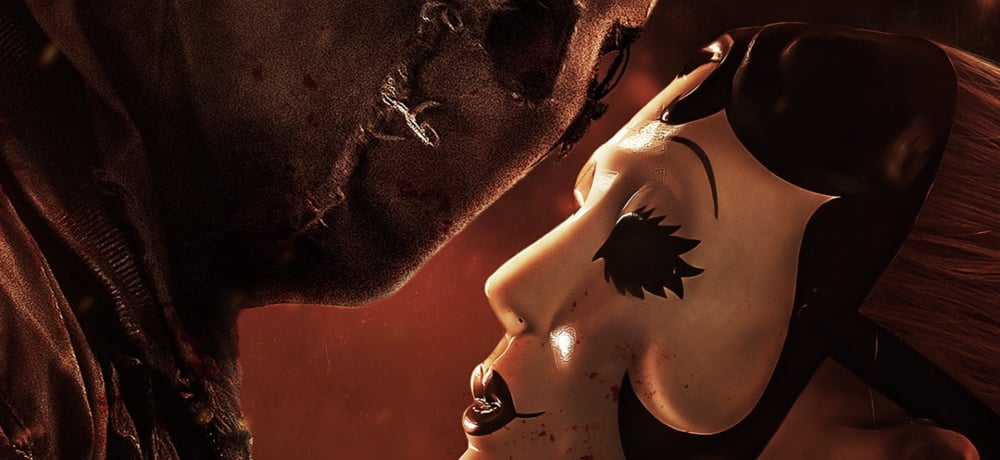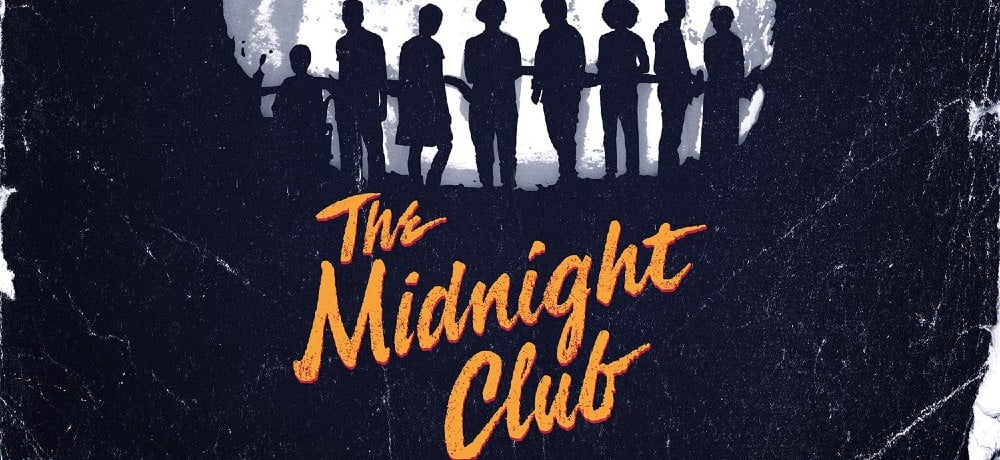






Last Friday, Mike Flanagan’s The Midnight Club series arrived on Netflix for fans to enjoy. A 10-episode series adaptation of the Christopher Pike novel, The Midnight Club is centered around a group of teens who are all facing terminal illnesses together at Brightcliffe Hospice under the watchful eye of Dr. Stanton (Heather Langenkamp). They come together every night to share scary stories and help support each other through the most difficult chapters of their young lives.
Recently, Daily Dead had the opportunity to speak with Flanagan as well as his longtime producing partner, Trevor Macy, about their approach to The Midnight Club. During the interview, they discussed their approach to adapting Pike’s novel, centering the series around giving the kids at the heart of this story a real sense of agency, and more.
Read on for our chat with both Flanagan and Tracy below, and be sure to check out The Midnight Club now that it is available to stream on Netflix.
Mike, I'd like to start off by talking about when you set out to do this series and put this together, what was your creative directive in terms of approaching this book, exploring it even further through 10 different episodes, and celebrating Christopher Pike's works because you do that beautifully as well, but also it's just a really fun story for younger audiences that also celebrates the horror genre? It's all just wonderfully ambitious.
Mike Flanagan: Well, thank you. I started just wanting to adapt The Midnight Club, and that was back when I was in college. I'd even written a feature script about it and approached the publishers of the books to say, "I've written a script, and I'd really love your permission to make an independent feature of The Midnight Club." And they said, "Here's a cease-and-desist letter. You didn't have permission to write the script. Please destroy all copies of the script." Which I did. I destroyed them all. I was terrified of being sued.
So, I've been wanting to do The Midnight Club for decades, but the directive is very much as you described it, it was, “Let's do this story which always hit me in the heart because of the incredibly unique perspective of these teenagers dealing with mortality in a way that a lot of adults don't have to.” There was that and then the premise of bringing the other Pike books into it as the B stories of the Club. That was the heart of it. It grew from that very organically and then became a chance to really tell authentic stories from the perspective of people who have lost people too young or have been through harrowing battles with disease or hospice care.
That turned into a layer of this story that was very shockingly personal, and that pulled in a lot of real-life experience from a lot of our cast and crew that I didn't expect when we started. Yeah, it is an ambitious show, I hope, but this was the only way I thought The Midnight Club could be told as a story. It all really started, to be honest, with I wanted to make something that I could show my kids, the oldest of which is 11, and this is the first thing of mine he's ever seen. So yeah, that's where it came from, but it really grew a life of its own very fast.
One of the things that stood out to me as I was watching was the fact that you guys talk about agency a lot. Because in the horror genre, it's great when characters have agency, but a lot of the times we've seen this, especially in horror from the past, characters don't always have that. I was wondering if you guys could talk a little bit about that, about centering this world and these characters around the idea of agency. Because I think, for me, that's what really cemented all of these characters in my heart even more so and really made me fall in love with the story and everybody in this.
Mike Flanagan: I'm so happy to hear that. Agency, I think, if you had to pick one word for the show, that was the one that would be written the biggest and the boldest on the dry erase board in the writers' room. It's something when we talk about writing for a younger audience. There's a lot of talk about what younger viewers want. What's the thing that you can offer them that can be valuable to them? The answer to that, in our opinion, is agency. That's something that's critical to the characters in this story, and something that was deeply important to Heather Langenkamp, who when she boarded the project and having gone through what she's gone through in her personal life, said that was the point she wanted her character to be making the most.
Trevor Macy: It's also imbued in Pike's work in a way that was way ahead of its time and still resonates today. He treated his young protagonists with respect and didn't pull any punches. That's one of the things that when you read his books, even today, it made sense then and it makes sense now, and it was something we really wanted to imbue into the show.
When you guys were working through the stories and everything like that, how did you guys determine, in terms of the B stories, which Christopher Pike stories you wanted to incorporate here? Because I have to tell you, seeing Gimme a Kiss made me so excited. I can't even tell you. That was one of my favorites when I was growing up.
Mike Flanagan: We did take our liberties with that one. I have my favorites just as a fan. There were ones I really wanted to do. There were ones I wanted to do later. The big question at the top was Remember Me, and I was like, “You can't burn Remember Me as a B story in an episode, even if you stretched it out over two or three.” There's too much there and it's too important to the Pike fans. We have a plan for that down the road if the show keeps going. There were ones where I was like, "This one we want to grab.” I really wanted to do Monster, which is one we couldn't crack on this season. So, there were ones I wanted that were favorites, and ones I thought needed to go another way. But then, Pike also had his opinions about which of his books he wants to hold, as he sees them more as a movie or he doesn't want to burn in 25 minutes on the show.
Trevor Macy: Or that were promised to somebody else.
Mike Flanagan: Yeah. So, it was a complicated process, and then we had a lot of trial and error where we'd initially be like, "Oh, See You Later would be a great story for Sandra to tell." We'd walk through it for a little while before we were like, "No, this really connects more with Amesh." Finding the thematic threads that our main story characters could carry into those other stories and vice versa was something we had to feel our way through. I think we ended up with a good cross-section of stories for the first season. There are a bunch more I'd love to be able to play with if the show does well enough if they want to do more. But yeah, what a wealth of IP to have at your fingertips. It's hard to figure out where to start when you've got that many options. So, I hope we did okay.
Well, I think you all did great. Now, you mentioned Pike having stories that he's holding and things like that. Coming into this, did you guys talk to him in terms of how you wanted to approach everything? I'm curious about his level of involvement with The Midnight Club, because to me, writers like King and Lois Duncan and Christopher Pike and R. L. Stine, all seem so mythical to me. I just think it's really cool that you had that feedback from him.
Mike Flanagan: You know, I found him on Facebook. I was just like, "Why haven't I seen a bunch of Christopher Pike adaptations in my life? Where is this guy? Whatever happened to him?" I found him on Facebook, and I just sent him a message, and he got back to me. We ended up on the phone for a couple of hours, and I pitched him the concept of the show. He was guardedly in favor of it but also deeply skeptical.
Trevor Macy: I think more skeptical than in favor at first.
Mike Flanagan: But then, when Netflix showed up and actually made the offer to license the books, I think he got a little more excited but suddenly was like, "I'm licensing a lot of my books to you. If this goes nowhere, half my catalog's tied up." And so, there was a gamble for him there.
Trevor Macy: Fortunately, his girlfriend is a fan.
Mike Flanagan: She liked our stuff and made him watch it. So, he trusted us enough. But yeah, he was very involved. He's been hurt before by Hollywood, so he had a lot of healthy skepticism going in. Then beyond that, he started to get very excited. I wonder how he feels today. We should call him later.
Trevor Macy: We should. I think he crested with trust because he was reading scripts early. And then a few months in when we were showing him cuts, he was like, "I think I want to wait and watch the finished product because I'm really liking the way it's going," which was nice.
[Above Photo Credit: The Midnight Club. (L to R) Aya Furukawa as Natsuki, Ruth Codd as Anya, Annarah Cymone as Sandra, Iman Benson as Ilonka, Sauriyan Sapkota as Amesh, Igby Rigney as Kevin, Chris Sumpter as Spencer in episode 104 of The Midnight Club. Cr. Eike Schroter/Netflix © 2022]